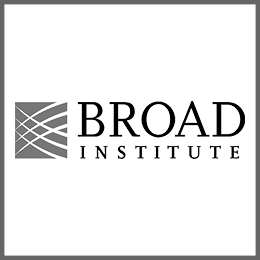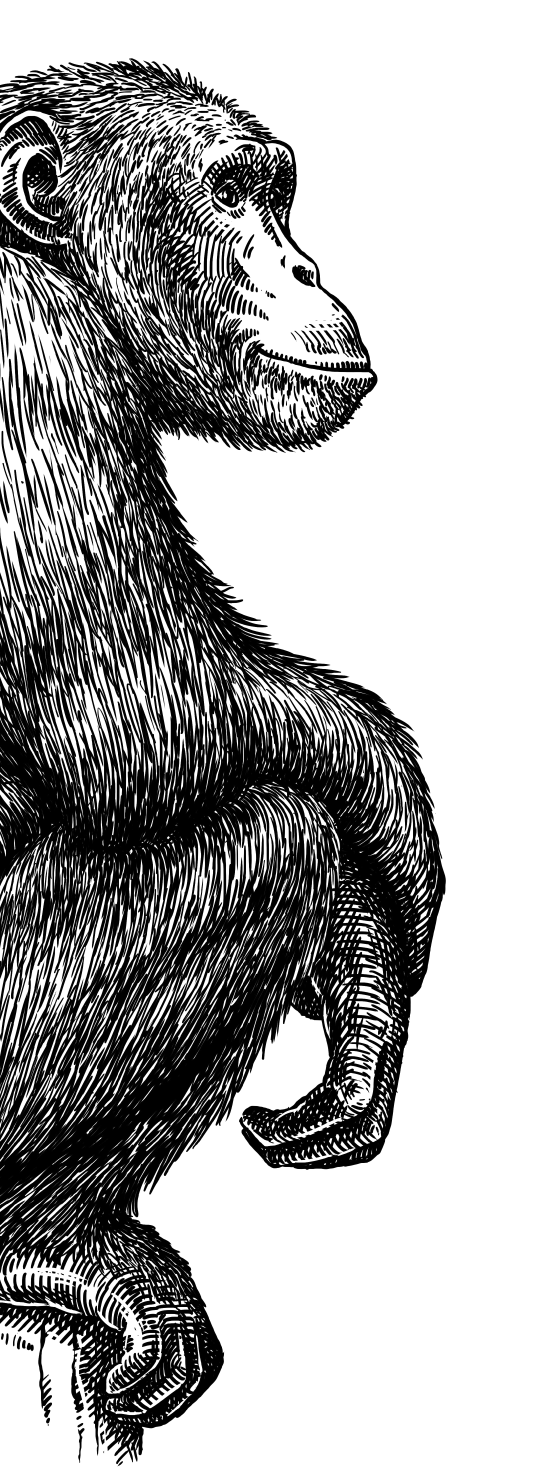
Vertebrate Genomics at the Broad Institute
Identifying genes and mutations of relevance for canine and human disease.

The Karlsson Lab at the UMass Medical School
Using evolution as a tool for understanding how the human genome works.

Lindblad-Toh Lab, SciLifeLab | Uppsala University
Studying the importance of evolutionary constraint and acceleration for mammalian evolution and canine and human disease.
Meet The Team

Cuartiellas Lab at University Pompeu Fabra
Medicine and Life Sciences, Institute of Evolutionary Biology
Establishing linkes between genomes and phenomes within and across species
Members:
Arcadi Navarro Cuartiellas
Alejandro Valenzuela
Fabio Barteri
Gerard Muntané
David Juan
DiPalma Lab at at the University of East Anglia
Members:
Federica DiPalma
Fauna Bio
Members:
Linda Goodman
Gatesy Lab at American Museum of Natural History
Mammalogy
Members:
John Gatesy
Gazal Lab at University of Southern California
Department of Population and Public Health Sciences
Our lab develops and applies statistical methods to understand the genetic basis of human disease.
Members:
Steven Gazal
Juehan Wang
Hiller Lab at Center for Translational Biodiversity Genomics & Senckenberg Research Institute
Comparative Genomics
Understanding the genomic basis of phenotypic differences between species
Members:
Michael Hiller
Hindle Lab at University of Nevada – Las Vegas
Members:
Allyson Hindle
Cornelia Fanter
Huson Lab at Cornell University
Department of Animal Science
Members:
Heather Jay Huson
Srikanth Krishnamoorthy
Hubley Lab at Institute for Systems Biology
Deploying large-scale functional genomics to understand species differences.
Members:
Robert Hubley
Hughes Lab at the University College Dublin
School of Biology and Environmental Science
Our lab focuses on using bioinformatics and phylogenetics to explore sensory perception and genome evolution
Members:
Gill Bejerano
Colleen Lawless
Louise Ryan
Katie Herron
Nina Trubanova (co-supervised)
Unmani Jaygude (co-supervised)
Samuel Carthy (co-supervised)
Karlsson Lab at Broad Institute & UMass Medical School
Using evolution as a tool for understanding how the human genome works.
Members:
Elinor Karlsson
Bruce Birren
Diane Genereux
Justin Turner-Meier
Ross Swofford
Shirley Xue Li
Koepfli Lab at George Mason University
Smithsonian-Mason School of Conservation
Members:
Klaus-Peter Koepfli
Lewin Lab at University of California – Davis
Evolution and Ecology
Members:
Harris Lewin
Joana Damas
Leveque Lab at University of Maine
School of Biology and Ecology
Members:
Danielle Leveque
Ana Breit (Former)
Lindbald-Toh lab at Uppsala University
Studying the importance of evolutionary constraint and acceleration for mammalian evolution and canine and human disease.
Members:
Kerstin Lindblah-Toh
Michael Dong
Voichita Marinescu
Jennifer Meadows
Eva Murren
Ola Wallerman
Elisabeth Sundström
Marques-Bonet Lab at Pompeu Fabra University
Department of Medicine and Life Sciences, Institute of Evolutionary Biology
Members:
Tomas Marques-Bonet
Aitor Seres
David de Juan
Meyer Lab at Lehigh University
Members:
Wynn Meyer
Katie Foley
Murphy Lab at Texas A&M
Veterinary Integrative Biosciences
Applying comparative genomic approaches to study adaptation, speciation, and diversification in mammals, to connect genotype to phenotype.
Members:
Bill Murphy
Nicole Foley
Andrew Harris
Kevin Bredemeyer
Narwhal Tusk Research at Harvard
Harvard Catalyst, Clinical and Translational Science Center
Members:
Martin Thomas Nweeia
Paten Lab at University of California – Santa Cruz
UC Santa Cruz Genomics Institute
Members:
Benedict Paten
Joel Armstrong
Pfenning Lab at Carnegie Mellon University
Computational Biology Department and Biological Sciences Department
Comparative epigenomics with machine learning to understand the genetic basis of complex traits within humans and across mammals.
Members:
Andreas Pfenning
Irene Miriam Kaplow
Ashley Brown
BaDoi Phan
Chaitanya Srinivasan
Daniel Schaffer
Alyssa Lawler (former)
Morgan Wirthlin (former)
Pollard Lab at Gladstone Institute and UCSF
Lineage-specific accelerated regions and gene loss
Members:
Katie Pollard
Kathleen Keough
Abigail Lind
Ray Lab at Texas Tech
Biological Sciences
Our lab focuses on the study of genomes and genome evolution with an emphasis on transposable elements. Our model organisms include bats and other mammals, crocodilians and several insects.
Members:
David Ray
Carlos J. Garcia
Nicole Paulat
Austin Osmanksi
Jenna Grimshaw
Jennifer Korstian (former)
Kevin Sullivan (former)
Michaela Halsey (former)
Reilly Lab at Yale School of Medicine
Department of Genetics
Members:
Steve Reilly
Ruf Lab at Senckenberg Forschungsinstitut und Naturmuseum Frankfurt
Messelforschung und Mammalogie
Understanding evolution, systematics and development of mammals by means of comparative and functional morphology
Members:
Irina Ruf
Rebecca Hofmann
Mathias Wirkner
Ryder Lab at San Diego Zoo Wildlife Alliance
Members:
Oliver Ryder
Sabeti at Harvard University
Members:
Pardis Sabeti
San Diego Zoo Global
We use innovative genetic and cellular approaches to assess, monitor, and manage endangered species
Members:
Aryn Wilder
Oliver Ryder
Cynthia Steiner
Smit Lan at Institute for Systems Biology
Members:
Arian Smit
Robert Hubley
Jessica Storer
Jeb Rosen (former)
Springer Lab at University of California
– Riverside
Members:
Mark Springer
Sullivan Lab at University of North Carolina
Genetics and Psychiatry
Members:
Patrick Sullivan
Teeling Lab at University College, Dublin
School of Biology and Environmental Science
Members:
Emma Teeling
Zixia Huang
Tewhey Lab at Jackson Labs
Members:
Ryan Tewhey
Weng Lab at UMass Chan Medical School
Program in Bioinformatics and Integrative Biology
Members:
Zhiping Weng
